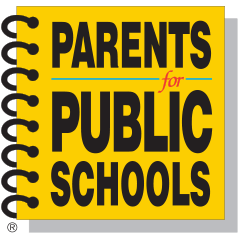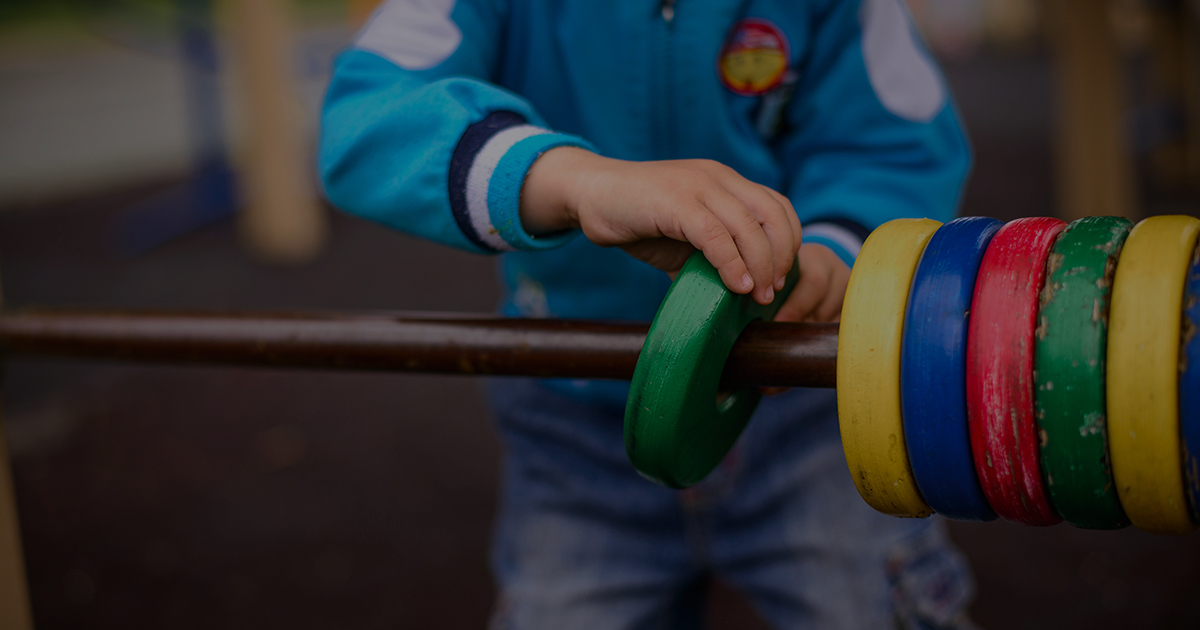Welcome to online learning…
Discussion board posts due in multiple classes;
Paper packets filled with work from multiple teachers;
No physical interaction with peers;
No teacher physically present to assist or clarify misconceptions;
“Are we using Zoom or Google Meets for this lesson today?”
This is learning now. This has become the new normal.
What is Summer Slide?
Summer Slide is a term coined in 1996 when a team of researchers conducted the first comprehensive study of this phenomenon in education. Simply put, it is “a regression in academic proficiency due to summer break” (Austrew 2020). This research and other studies like it have produced very similar findings. These studies all concluded that, as a result of summer breaks, students are more likely to fall behind in both reading and math skills. Because these extended breaks take place every year, the summer’s effect on reading and math are compounded yearly and can have a tremendous impact on student achievement.
The Impact of COVID-19 and Summer Slide on Student Achievement
In her report, “Expanding Access to Summer Learning in Response to COVID-19,” Halley Potter defines the significant impact that education will face in the coming months. According to her, “American schoolchildren are missing out on a large chunk of in-person learning time this year—roughly 30 percent of the school year—and it is anticipated that this interruption will result in academic achievement loss” (Potter 2020). Compounding the issue even further is the fact that now all schools will be taking extended breaks for summer vacation. Although this year has warranted a substantial break for all parties, the next few months will only add to achievement gaps that already exist or begin new ones for those students who, before the pandemic, were making gains in the classroom. “There is ample evidence suggesting that there will be large losses in academic achievement for students as a result of COVID-19-related school closures. NWEA, a nonprofit organization that develops and offers student assessments, estimates that students may return to school in the fall (in person, or virtually) having lost an average of 30 percent of typical yearly achievement gains in reading and more than 50 percent of their achievement gains in math” (Potter 2020).
What Parents and Families Can Do
Although Summer Slide is a factor that parents need to understand, its impact does not have to be the norm this year or in years to come. There are multiple things that can be done at home this summer that will ensure that learning does not regress. In fact, there are three areas that parents should target this summer to aid in student success. These key areas include developing a plan of action to support your child’s social emotional health, independent reading and math skills practice.
Supporting Your Child’s Social-Emotional Health During the Summer
The social-emotional health of our children is critical to their growth and development; in no way can we foster a great summer learning experience without considering their psychological, mental, and emotional needs. In addition to supporting their educations this summer, it is vital to identify resources that help children process all of the things they have witnessed during the last few months. COVID-19 has drastically changed their worlds too. Children need to be able to safely express how they feel and be provided tools to help them filter through all of the emotions they might possess.
Ways to Support Your Child’s Social Emotional Health:
Practice Serve and Return (for smaller children)
Serve and return helps to develop the brain in younger children. Simply put, it is a back and forth exchange that not only assists with brain development, but it also strengthens the bond between a parent and child. One example of this strategy is a family participating in a game of peek-a-boo.
Maintain Contact with Friends and Loved Ones
COVID-19 has required us to distance ourselves from others. However, social interactions are vital to everyone’s social-emotional health. Maintaining contact with family members and friends through social networks, phone calls, or video chats can help to reduce the stress level in both children and adults.
Take a Break
Stress can be especially overwhelming for children who may not know how to express what is bothering them. However, it can be reduced by simply taking a break. When things are overwhelming, incorporate a brisk walk or add some deep breathing exercises into your children’s daily routine.
For additional resources that support your child’s social emotional health, contact your child’s school counselor or visit Center on the Developing Child.
Enhancing Reading and Math Skills This Summer
Reading is essential. Being able to read fluently and with comprehension is necessary to be successful in school and in the job market. Reading takes place every single day and is necessary when navigating the world in which we live. Here is a list of several things parents can do this summer to enhance reading mastery.
How to Build Better Readers:
- Set aside time to read daily.
- Set reading goals with your child and offer incentives when goals are achieved.
- Visit your public library (safely) or inquire about their online resources.
- Reach out to your child’s school or school librarian to see what resources are available this summer. Most districts have a formal process in place for summer reading.
- By all means use audiobooks. Most public libraries have access to books that you can check out for free, but there are also resources online such as Audible that specialize in audiobooks for a monthly subscription fee.
- Most importantly, read to your child, have your child read aloud to you, or set aside time to discuss what your child is reading if he or she can read independently.
Reading Resources
Ways to Foster Better Math Skills
“To succeed academically, children need continuous opportunities to acquire new skills and practice existing ones” (Lynch 2016). Not only does this statement hold true for reading, but it also applies to a child’s mathematical abilities. In order to compete in today’s global society, students not only need to be well read, but they also need strong foundational and advanced math skills. “Projections suggest major academic impacts from COVID closures for students, especially in mathematics… Preliminary COVID slide estimates suggest students will return in fall 2020 with roughly 70% of the learning gains in reading relative to a typical school year.
However, in mathematics, students are likely to show much smaller learning gains, returning with less than 50% of the learning gains and in some grades, nearly a full year behind what we would observe in normal conditions” (Kuhfeld and Tarasawa 2020). This data, although alarming, can be reduced significantly if measures are put in place to further math development over the summer from home.
Academic growth in math is due largely to consistent modeling, skills practice, and feedback. The following resources offer students math practice opportunities spanning grades pre-kindergarten through twelfth grade. Most lessons include a video or model lesson, practice opportunities, and feedback for answers provided.
Math Resources
This summer, more than any other summer in recent history, parents must take extraordinary steps to mitigate the effects of COVID-19. This summer the approach has to be drastic and intentional. Our kids need us now more than ever if they are to emerge from this pandemic with the least impact on their academic progress.

